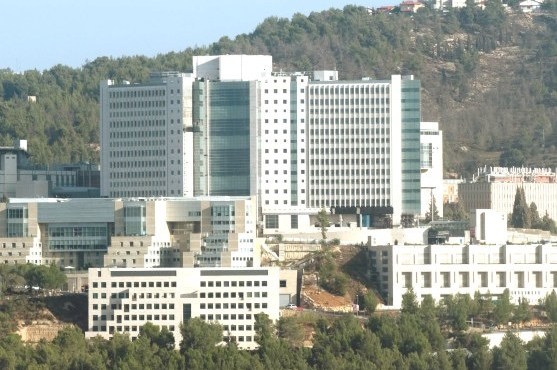HADASSAH Australia has launched an emergency appeal to aid the Hadassah Hospital’s Jerusalem Crisis Intervention Centre (JCIC), which treats Israeli youngsters traumatised by the latest wave of Palestinian terror attacks against random civilians.
Alissa Woolf, executive director of Hadassah Australia, said young people in Israel were paying a high price for the ongoing threat and tension that is happening around them.
“We know from the evidence that if you don’t offer immediate and professional assistance, the psychological distress will become even more problematic, which is the worst possible outcome for the individual, their family and society. It will create an economic burden that Israel simply cannot afford,” she said.
Professor Esti Galili, JCIC founder and director, and a national leader in the early treatment of psychological stress in children, said mental trauma can affect a child’s core. “This ongoing, energy consuming scar can weaken a child’s ability to realise its full potential.”
Dr Galili is on the board of the Israel Trauma Coalition, which was created to harness the knowledge, expertise and experience of Israel’s leading psycho-trauma professionals to provide a comprehensive view of the trauma field, strengthen community resilience and ensure national emergency preparedness.
However, the immediate focus is to fund a service in danger of being compromised under the weight of soaring demand.
JCIC director of paediatric and adolescent post-trauma treatment Dr Fortu Benarroch said: “As psychologists we are working on the frontline of this battle. If we are armed with the right strategies and resources we can win this war – for our children and their children. In order to successfully play our role, we need to address our biggest problems; a backlog of work, interrupted treatments and a lack of resources.”
Hadassah Australia president Ron Finkel added: “It’s hard to imagine sending our children to school knowing that they may return suffering from anxiety or post-traumatic stress disorder. It’s even harder to imagine that our children won’t return at all. This simply doesn’t happen in Melbourne or Sydney. And yet for many parents living in Israel, this is the reality they face.
“It’s precisely because we don’t live like this that we have a responsibility to care for those who do,” he said.
Article from the Australian Jewish News
Letter sent by Professor Esti Galili to Ron Finkel

